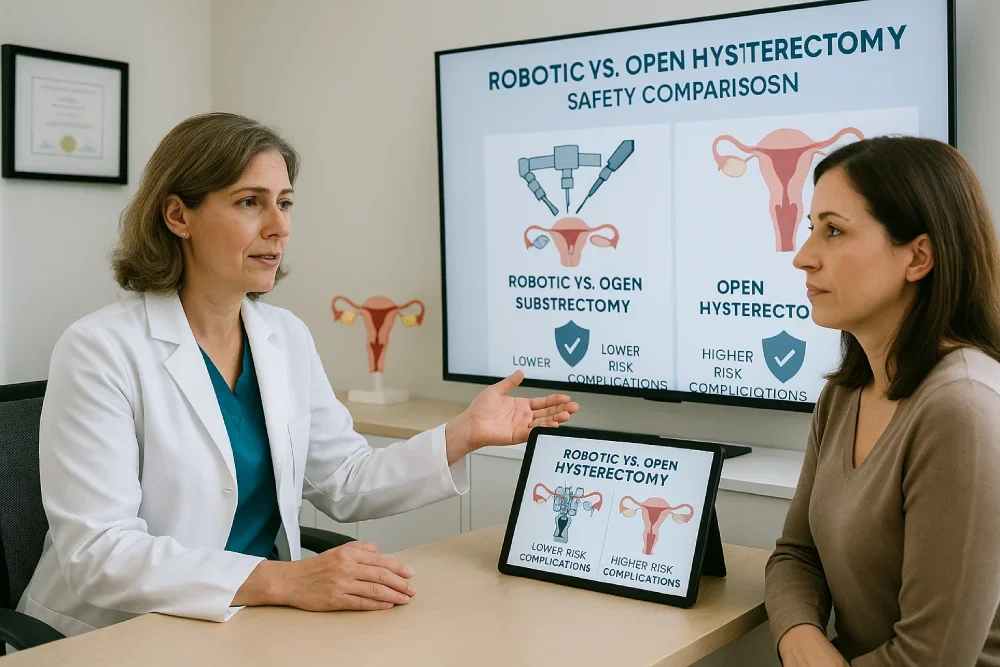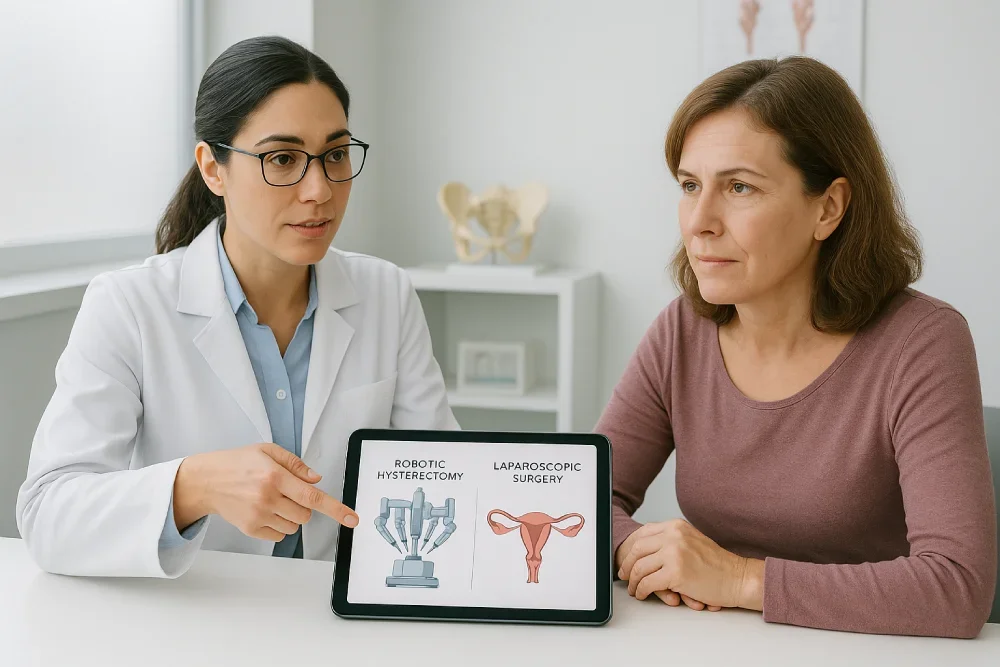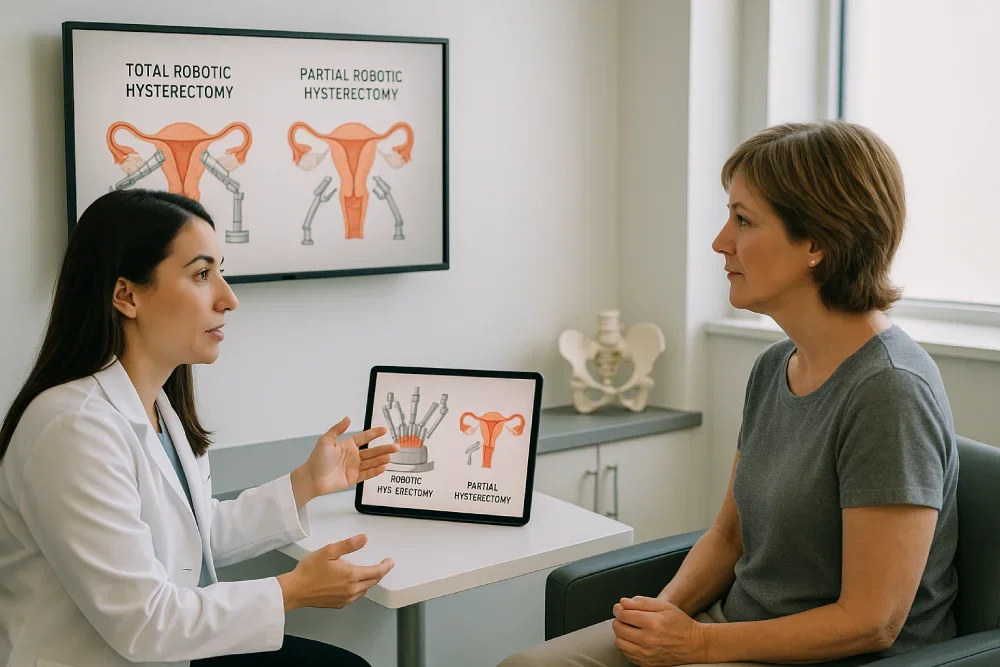Many women in Burleson, Fort Worth, and the wider DFW area choose tubal sterilization believing it is a permanent birth control method. Later, when life changes and the desire to have children returns, they discover not every tubal ligation—or Essure procedure—can be undone. If most or all of the fallopian tube has been removed or the fimbrial end clipped away, reimplantation of tube tissue is impossible.
Read MoreTubal reversal offers Johnson County women a second chance at natural conception after a prior tubal ligation, but everyone wants to know, “How fast will I conceive?” National data tell us that the chance of becoming pregnant after a successful tubal reversal in a woman under age 35 is 60–80% over a two-year period.
Read MoreTubal reversal in Burleson, TX, while offering the possibility of natural conception, carries risks like any surgical procedure—bleeding, infection, anesthesia complications, and an increased risk of ectopic pregnancy. On average, Fort Worth–area fertility centers report that 40–85 % of women conceive within two years after reversal surgery.
Read MoreFor many women and couples who previously chose tubal ligation as a form of birth control, a change in life circumstances can lead them to revisit their reproductive goals. What are the disadvantages of tubal reversal in Burleson, TX?
Read MoreRobotic hysterectomy is a safe and effective surgical option for many patients, including those with complex cases such as large uteri or high BMI.
Read MoreEssure is a permanent birth control method that blocks the fallopian tubes using small metal coils inserted non-surgically. While intended to be permanent, some women seek Essure reversal due to regret, complications, or the desire to restore fertility.
Read MoreEssure reversal surgery is a sophisticated way to put the tube back together after the Essure device—originally designed to be permanent—has blocked the fallopian lumen just inside the uterine cornua.
Read MoreRobotic hysterectomy is a minimally invasive surgical technique for removing the uterus that is increasingly favored for its precision, reduced recovery time, and lower complication rates compared to traditional open surgery.
Read MoreHysterectomy, the surgical removal of the uterus, is a common procedure performed for various benign and malignant conditions.
Read MoreTubal reversal surgery offers hope to women who previously underwent tubal ligation (commonly known as having their "tubes tied") but have since decided they want to conceive naturally again.
Read MoreRobotic hysterectomy is a minimally invasive surgical procedure in which the uterus is removed with the assistance of advanced robotic technology.
Read MoreAddressing regrets and making a decision to reverse tubal ligation is a deeply personal journey, shaped by significant life alterations and profound emotional implications. It is not uncommon for women to experience remorse subsequent to tubal ligation, and there is an escalating number of women who are considering a reversal of the procedure.
Read More











